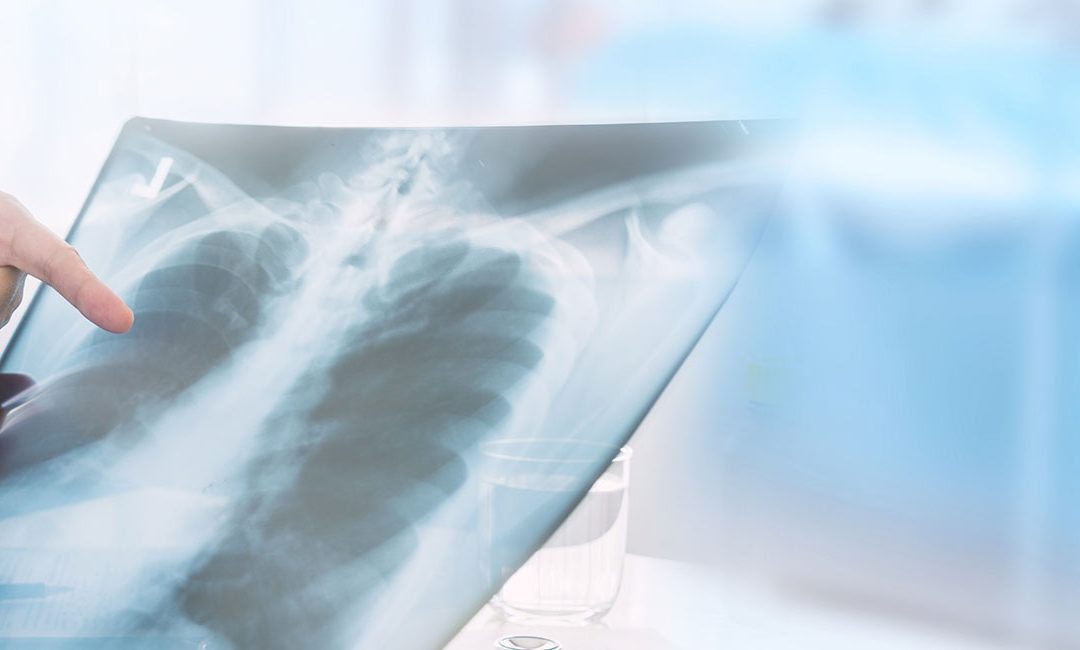Welcome To Our Blog

Charcot Foot
Charcot Foot refers to a progressive foot deformity that occurs as a result of nerve dysfunction or damage. This causes the bones in the foot joint to become so weak and brittle that they may be easily dislocated or fractured. Weight bearing and walking further pressurizes the foot, causing it to change its shape. This may lead to permanent disability.Charcot Foot is mainly observed in people suffering from Diabetes. However, it may also affect people suffering from Leprosy or Syphilis. The condition has a high probability of reoccurring even after treatment and is therefore...

Lumbar Herniated Disc
The lumbar spine refers to the lower back which is made up of 5 small bones called vertebrae. A fibrous pad called the intervertebral disc is stacked between each vertebra to absorb all the external shocks on the spine. The disc is divided into two main parts- the outer ring and inner ring. The outer called the annulus fibrosus holds a gel like substance called the nucleus pulposus. A break or a crack in this outer ring causes the inner gel (nucleus pulposus) to flow out of the disc space. This condition is termed as Lumbar Herniated Disc. It can compress the small nerve roots...

Transient Synovitis: Causes, Symptoms And Treatment
Transient Synovitis, Toxic Synovitis or Irritable Hip is a medical condition observed in children between 3-8 years that causes pain in the hip joint followed by limping. The underlying cause is the inflammation in the lining of the synovial joint. Although the condition is usually transitory, it may lead to Osteoarthritis in the later stages of life or may recur in case the child acquires infection. Causes The hip lining may be affected following a viral infection, usually of the upper respiratory system A fall or an injury to the hip joint Reaction or after effects of...

Cavus Foot
A foot with an unusually high arch is referred to as the Cavus Foot. The condition may lead to excessive weight bearing on the heel and ball of the foot causing a host of physical inadequacies. Cavus Foot may affect one or both feet and may occur at any age irrespective of gender. This defect has the chances of progressing, specifically if it is accompanied by any neurological problems. Causes It may be a result of a genetic abnormality in the foot structure Neurological diseases such as Cerebral Palsy, Spina Bifida, stroke or Muscular Dystrophy could eventually cause the...

Boutonniere Deformity
Boutonniere Deformity (BD) is a condition characterized by a deformity in the finger with the middle joint bent downwards and the distal end pointed backwards. The finger joints are connected by tendons and ligaments which allow motion. Due to tearing of the ligaments in this condition, finger bends downwards (flexed) at the proximal interphalangeal joint (PIP) and hyperextended (bent backwards) at the distal interphalangeal joint (DIP). Causes Rheumatoid Arthritis - In this case, the inflammatory cells are released into the synovium (joint lining) which result in the...

